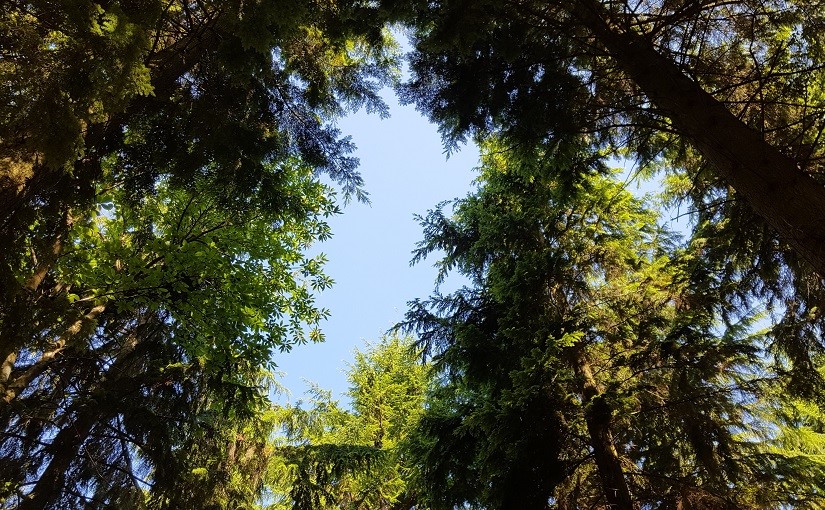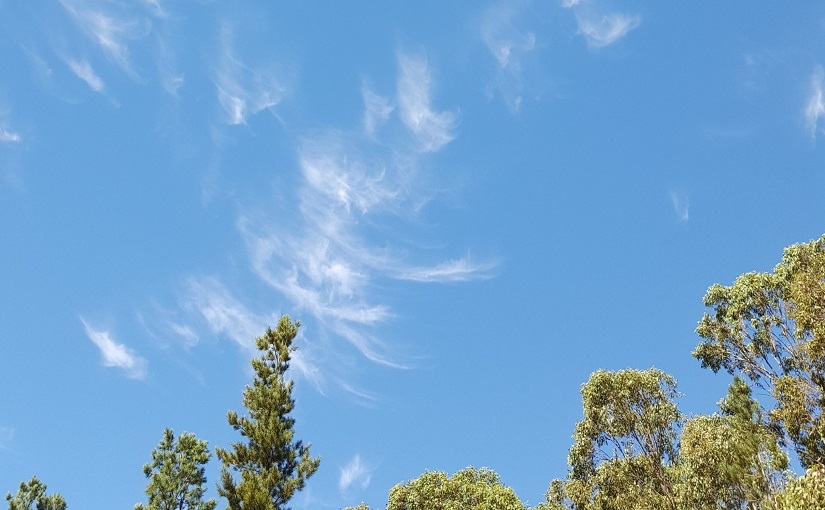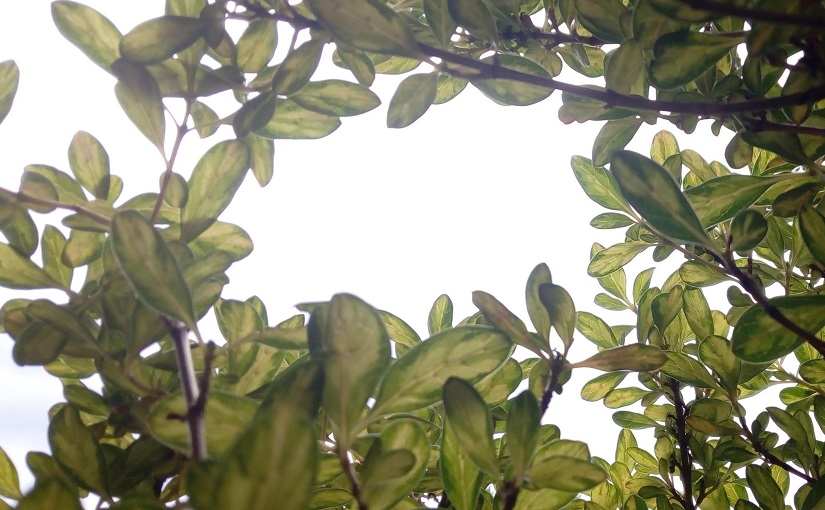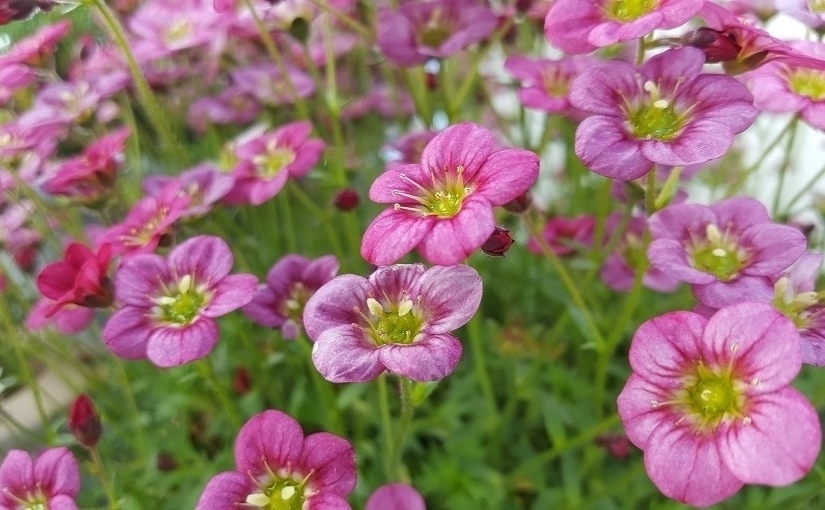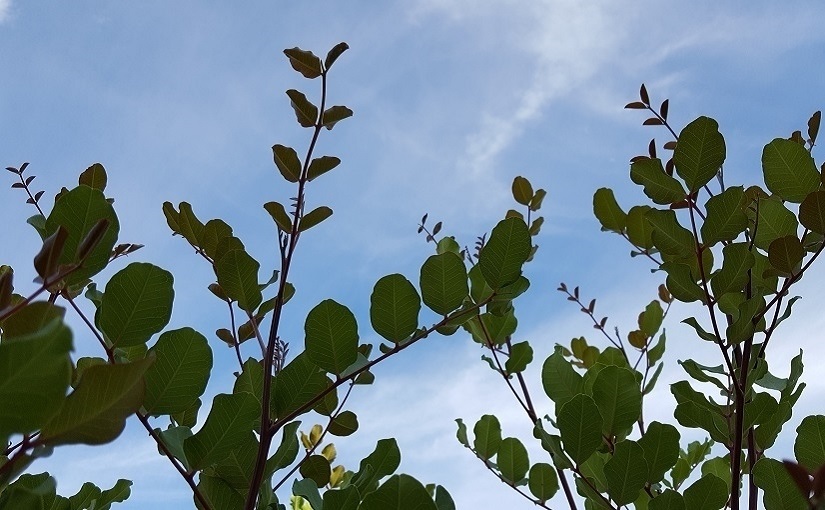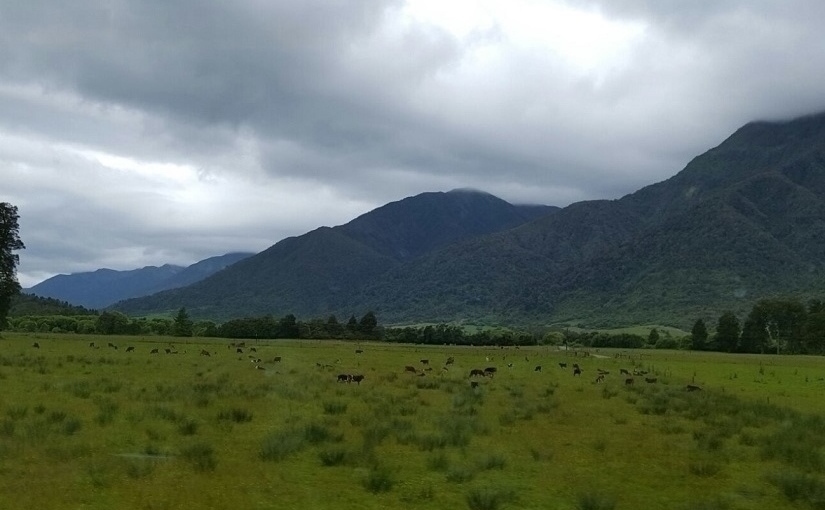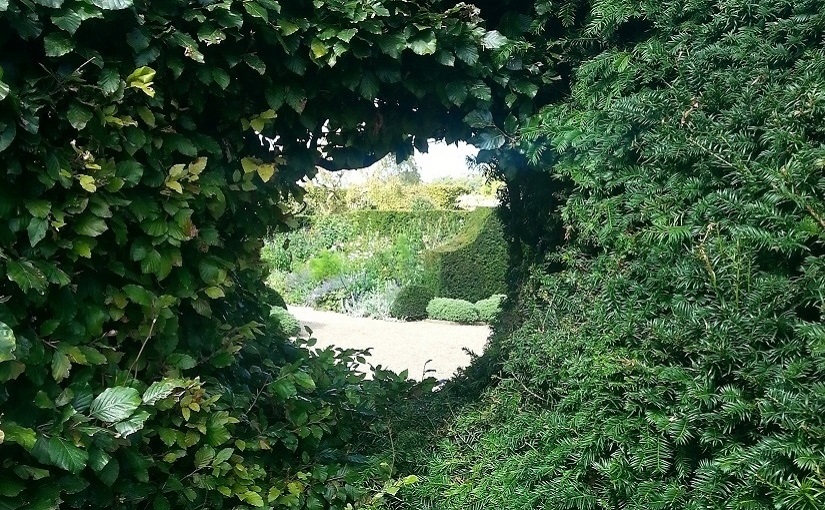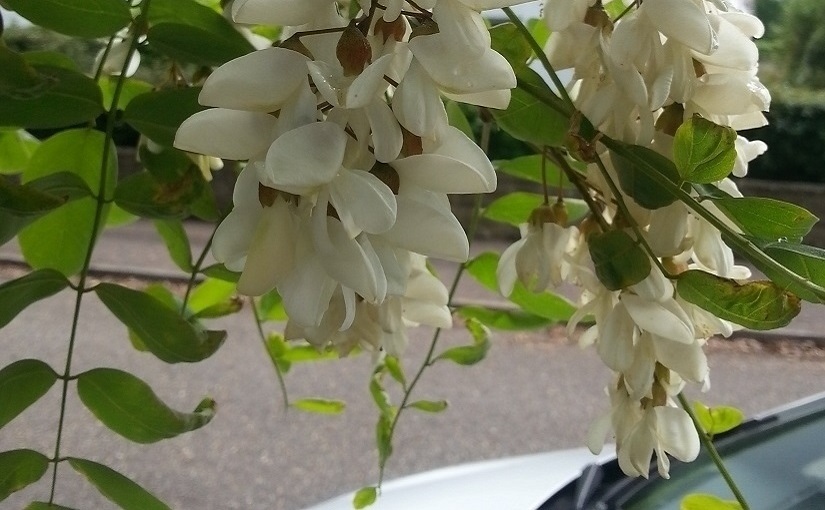It’s an intriguing thought that we might lose the ability to “see” nature, as explored in this recent BBC article on “plant blindness”. Presumably we only know or see anything through having had it pointed out, drawn to our attention, its significance successfully conveyed in the form of language and attitude (Notes One). How else do we learn to recognise things and understand their importance?
We’re apparently also most motivated to preserve or defend those “like us”: animals with traits echoing ours, such as reassuring forward-facing eyes. I suppose what’s clear from this and most other news items is how much we’re focussed on ourselves, mainly feeling empathy or concern for beings bearing characteristics or qualities similar to our own.
But, in reality, don’t all nature’s living beings and materials matter? We might justify our limited interest in evolutionary terms regarding the threats or advantages certain animals or environments offer for our survival, but all of nature is effectively this intricate balance of relationships, dependencies, mutually beneficial habits and cycles that, together, create and sustain “life” on this planet (Notes Two).
The mind might fairly easily spin any number of fascinating or compelling theories, downplaying some factors and dialling up the importance of other outcomes. And, in the absence of deeper understanding of all the ways nature’s entwined and all the indispensable functions it’s carrying out, maybe there’s little to fall back on but the natural affinity of self-recognition?
I mean, how are we to make sense of an incredibly complex world and grasp our place within it? How can we imagine all the ways our actions, here, within our immediate, national or economic landscapes are impacting remote places and, perhaps, upsetting delicate balances? With all that’s going on in modern life, how are we to value the natural world? With what eyes can we see it?
As discussed in the article, we tend to notice what we already know, what stands out or holds meaning in our eyes. Like the anecdotes on cultures with forty-plus words for snow or no word for green, the language we use shapes the world we’re able to see. As we talk more about modern phenomena and become increasingly detached from rural environments, it’s perhaps “natural” our awareness of nature risks going into decline?
It might be “easy” to say that doesn’t really matter, that life evolves and human civilisation has more to worry about than whether people recognise trees, appreciate the fact they’re alive, or relate to creatures completely unlike themselves (Notes Three). In a world where empathy for one another is often sorely lacking, maybe it’s a luxury to expect people to care for nature as well.
But, where does such thinking lead? We might be faced with many pressing, overwhelming distractions, but understanding how nature forms the foundation of life seems fundamental to what it is to be human: we exist within our environment. Surely it can’t be anything less than deeply problematic if society loses sight of essential human realities?
Notes and References:
BBC Article “Why ‘plant blindness’ matters – and what you can do about it” by Christine Ro, 29 April 2019: http://www.bbc.com/future/story/20190425-plant-blindness-what-we-lose-with-nature-deficit-disorder
Note 1: Seeing, knowing and loving
Note 1: Mirrors we offer one another
Note 1: What we know to pass on
Note 2: Intrinsic value of nature
Note 2: Nature tells a story, about the planet
Note 2: Nature speaks in many ways, do we listen?
Note 3: Tuning out from environment
Note 3: “Ecological Intelligence”
Note 3: Aesthetic value of nature

